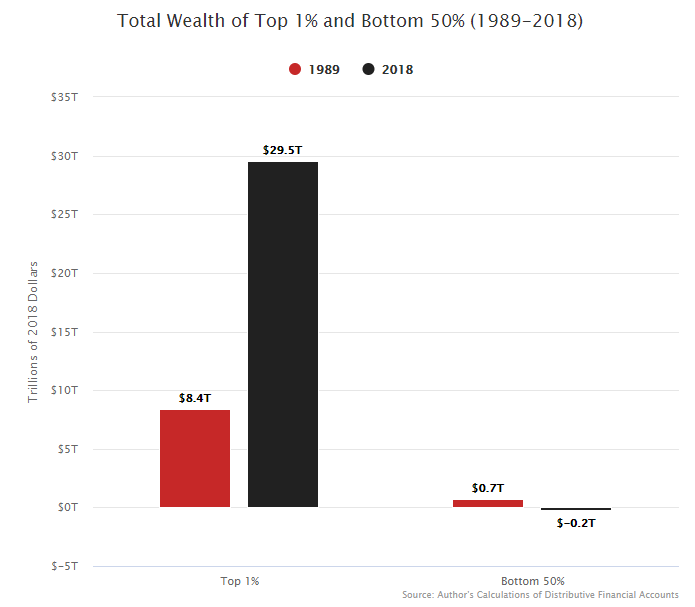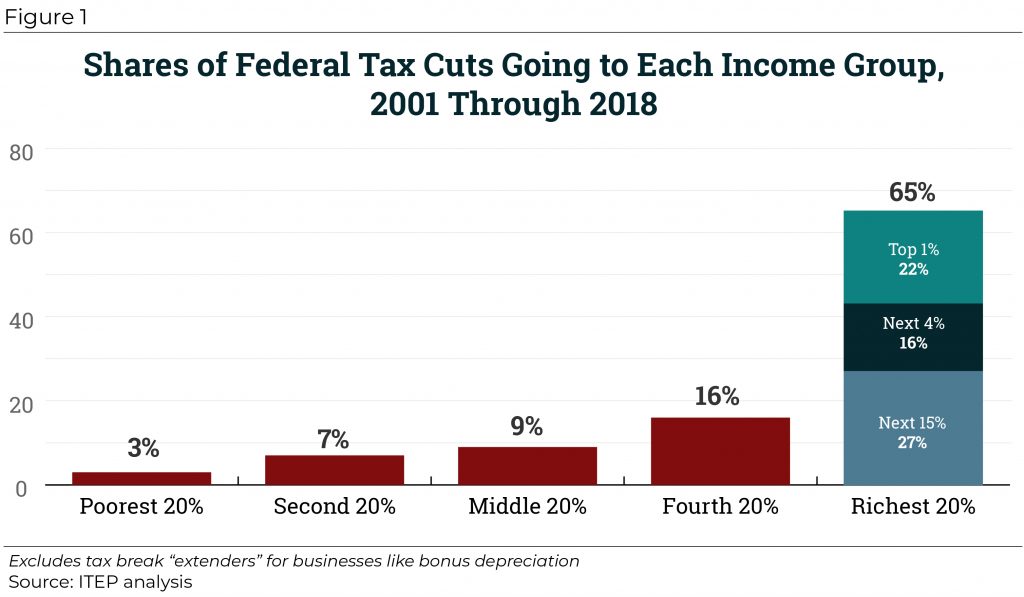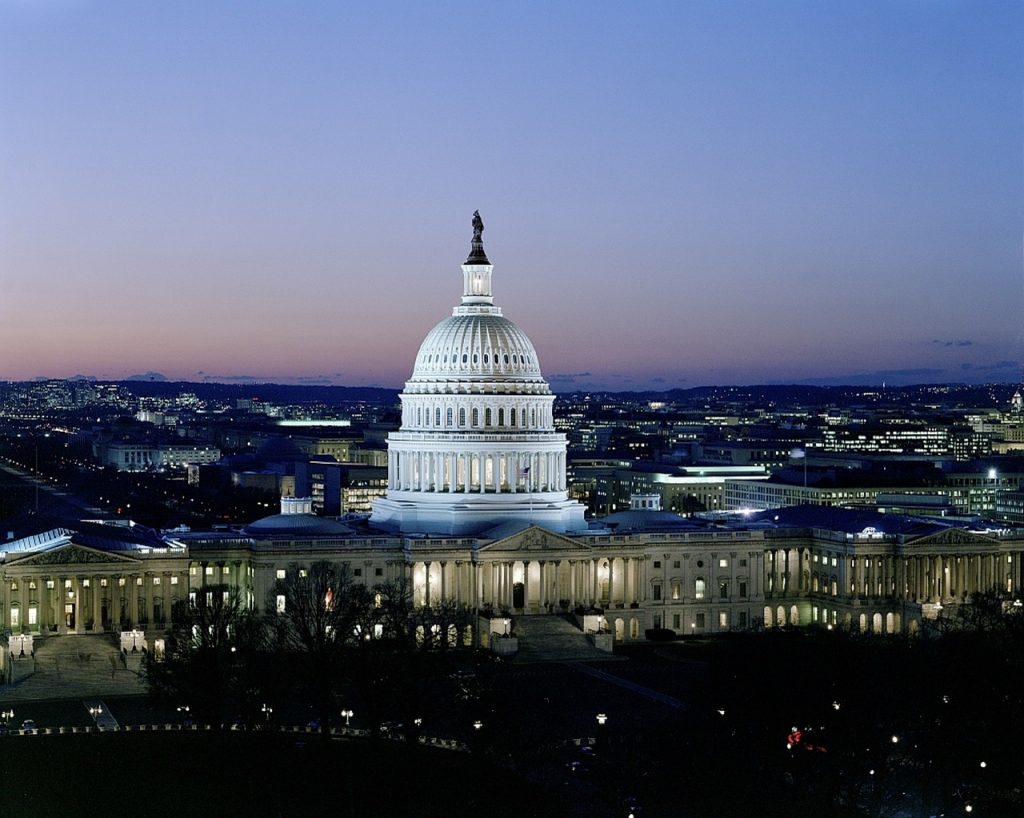What does it mean to say that a proposal is “radical” or “extreme?”
The idea of an annual federal wealth tax is radical in the sense that the United States has never had one and only one lawmaker (Sen. Elizabeth Warren) has formally proposed such a tax. Is the idea extreme if a vast majority of the public approves of the idea?
Or are opponents radical because their position is out of line with the broader public?
These questions are increasingly relevant with each batch of data demonstrating that income inequality and wealth inequality have grown far beyond what most Americans deem acceptable.
Over the weekend, Matt Bruenig at the People’s Policy Project released a report that examined recent Federal Reserve data showing that from 1989 through 2018, the collective net worth of the top 1 percent grew from $8.4 trillion to $29.5 trillion, while the collective net worth of the bottom 50 percent declined from less than $1 trillion to less than nothing.
Eric Levitz at New York Magazine points out that the public is willing to accept some inequality—but not this much. He wrote: “In the average American’s ideal world, the richest 20 percent would own 32 percent of national wealth. In reality, the top quintile owned 84 percent as of 2011. And that share has grown in the intervening years. Today, the one percent alone commands roughly 40 percent of all America’s wealth.”
So, who is an extremist? Someone who wants to use the tax code to address inequality or someone who supports a status quo that Americans deeply disapprove of?
The question has come into focus over the past year with proposals for higher income tax rates for the very rich and a more robust estate tax, in addition to a federal wealth tax. The public has supported progressive tax policies for decades. They told pollsters for years that wealthy individuals and corporations are paying too little in taxes. In other words, lawmakers and media are starting only now to catch up with public opinion and explore real solutions.
But for nearly two decades, federal lawmakers have bucked the public will. The major tax legislation enacted since 2000 has altogether reduced federal revenue by $5.1 trillion. Nearly two-thirds of those trillions in tax cuts have flowed to the richest fifth of Americans, ITEP research shows. Tax policy isn’t the entire cause of the growing chasm between rich and poor, but it certainly has contributed.
Congress has plenty of options to correct its course. An ITEP report from earlier this year laid out several of them, including ending special breaks for capital gains income, limiting tax deductions claimed by the rich, shutting down federal tax shelters and many others.
Reasonable people can quibble over the details and about which options would be easier to implement practically—tax policy is never simple. But it is no longer enough to dismiss calls for progressive taxes as “radical,” “extreme,” or “socialism.” Those taunts are meant to distract from the real issue: Why should we ignore the bottom half of Americans, whose share of the economic pie has shrunk and now have negative net worth, while allowing the wealthy and powerful, whose net worth has more than tripled, to dictate our public policies?







